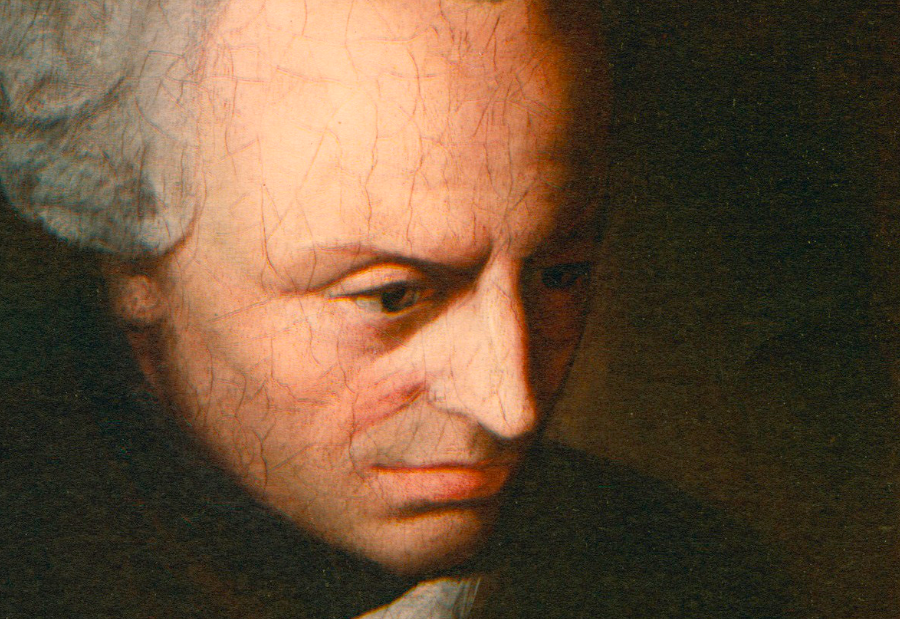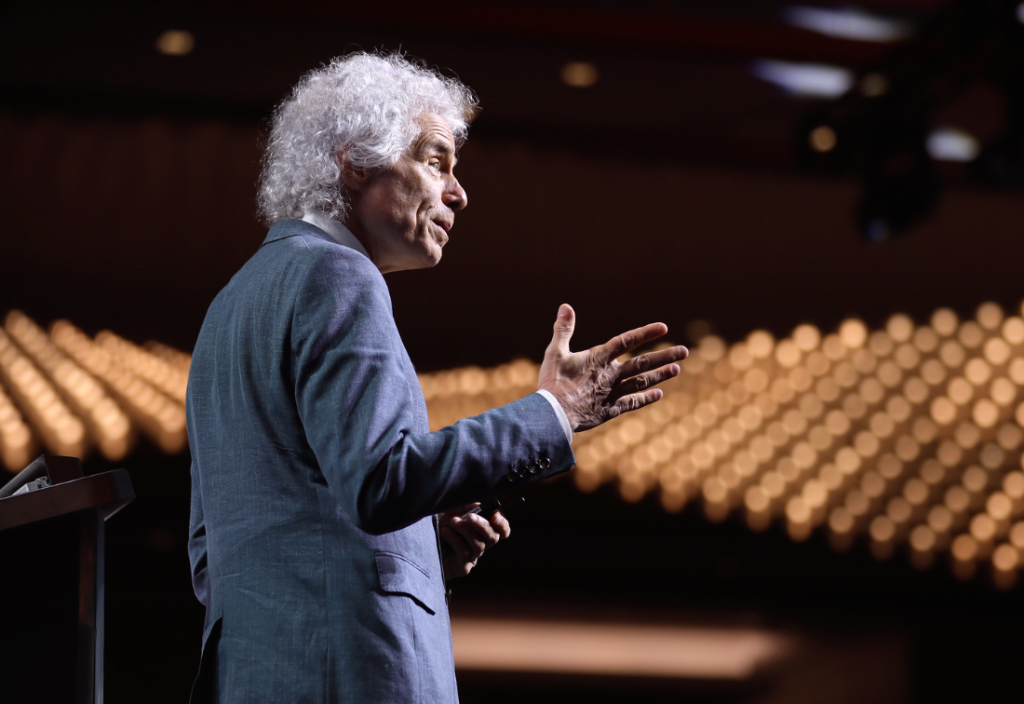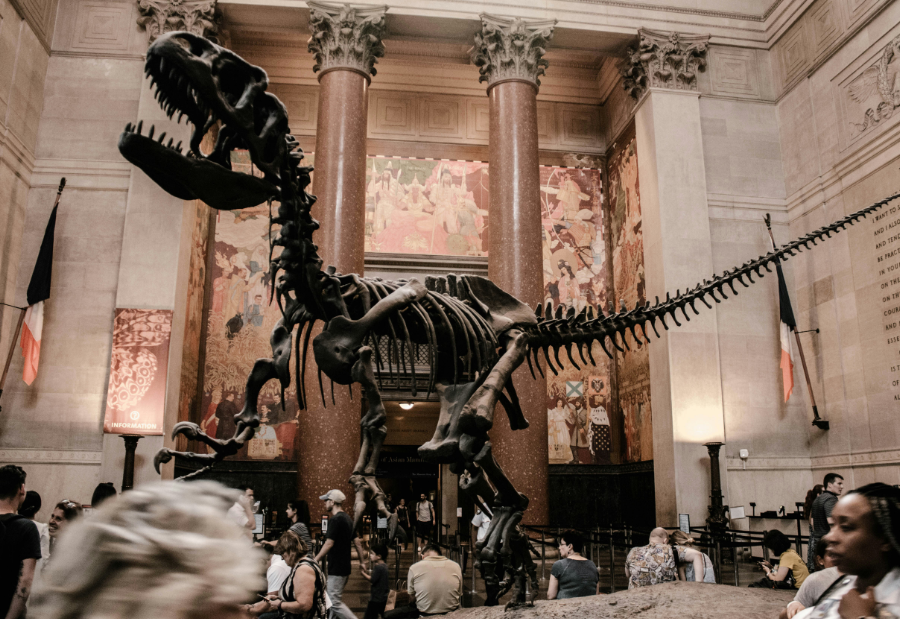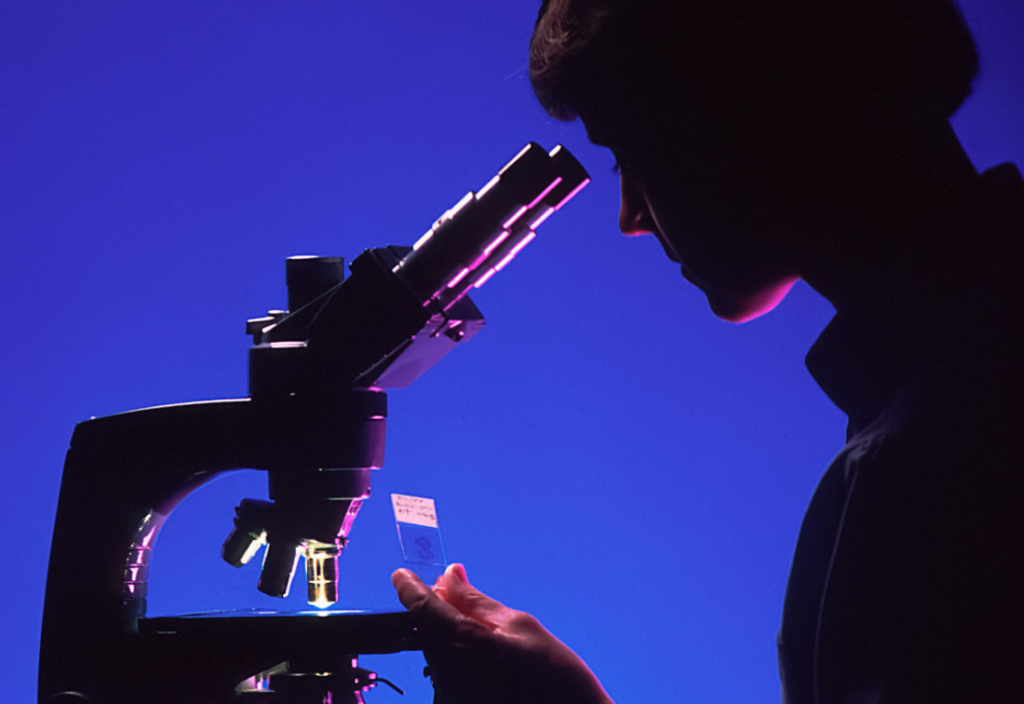According to all the advice on how to win friends and influence people, I should start this essay by explaining how the following words will change your life forever. But, in reality, there is only a simple message at the heart of this essay. It is that the really important question we need to answer is ‘How do things work and happen?’, and not ‘Why is it so?’
Understanding how is the key to the wellbeing of our planet. It provides us with the deep knowledge that allows us to make informed decisions.
The eternal question ‘Why is it so?’ has proved surprisingly easy to answer over the millennia. It seems to me that many people prefer any answer to this question rather than none. Over 4,000 types of religions have tried to come up with a definitive answer. There are also a sizeable number of ideologies that have attempted to derive the perfect explanation.
Often, people can tell you what they believe and why, but they have the greatest trouble explaining how their beliefs can be applied in practice. For example, many people still believe in astrology but are unable to explain how the planets can influence our genetics, future or personality, at conception or birth.
Lack of knowledge and expertise has never stopped people coming up with answers to ‘Why is it so?’ This is because of the great payback the answers provide. With belief can come a sense of security, significance, purpose and completeness. In addition, if you’re the one with all the answers you may gain power and a sense of superiority.
These days it is even easier to answer the ‘Why is it so?’ question. You don’t need to understand philosophy, logic, history, science or be an expert on any aspect of the world. You simply have to have a view. In the interest of equality, apparently all opinions are equal. It does not matter how superficial the understanding behind the opinion.
On the other hand, deep knowledge requires work and dedication. Discovering how things work or exist, or how things happen, requires lengthy learning and experience to develop expertise. It requires great discipline, curiosity, integrity and persistence, and often the willingness to challenge conventional views.
The process requires: painstaking attention to details; collecting data; experimentation; critical thinking; a knowledge of statistics, mathematics, and logic; and mastery of techniques and tools.
Areas of expertise may be focused and narrow, but each bit of knowledge is like a piece of a jigsaw puzzle that makes the whole picture that much clearer.
Deep knowledge is based on substantial information, facts and analysis. It underpins the study and application of disciplines taught in universities and schools and many other pursuits.
One of its defining features is that it aims to increase our understanding of how the world works. As a result, our pool of deep knowledge has increased exponentially over the last two centuries, and it has delivered many benefits to our society, many of which we take for granted.
Never before has it been easier to gain access to this deep knowledge, provided you know how to evaluate information on the internet.
There is a wonderful website that epitomises deep knowledge. The OneZoom tree of life explorer is a curling, complex tree of all living things in the world. You can explore the tree to its utmost branches, travelling millions of years through time.
It is a marvellous overview of the variety of living things on Earth and how they relate to each other. Also, it is a stupendous tribute to hard-won deep knowledge.
For each species, there is a link to detailed descriptions of all facets of their life. The richness of the detail provided is only available to us due to the dedicated work of an army of experts working over many lifetimes.
OneZoom illustrates the depth of knowledge accumulated in one area of science, but there are also other rich sources of deep knowledge, such as archaeology, anthropology, geography, history, sociology, linguistics, medicine, psychology, mathematics, investigative journalism, and many other fields.
Deep knowledge can lead to the development of unifying theories about how the world works – for example, the theory of evolution, the theory of chemical reactions based on the periodic table, plate tectonics, quantum theory, and relativity. These unifying theories have so much evidence to support them that they can be considered as factual.
Thousands of scientists from many different fields have contributed to our extensive understanding of climate change so that human-caused climate change is a fact, not a possibility. The UN Intergovernmental Panel on Climate Change, in its latest report, says that they have very high confidence that climate change is a threat to human wellbeing and planetary health. They also have very high confidence that there is a rapidly closing window of opportunity to secure a liveable and sustainable future for all.
A report published in 2021, surveyed nearly 90 thousand climate-related studies and found that there was a 99.9 per cent scientific consensus that humans are altering the climate. This is really deep knowledge. Therefore it is amazing that so many people are prepared to ignore it. As a result, the Earth will be damaged beyond repair, our lives will descend into chaos, and many living species, including humans, will die.
Part of the problem, I believe, is that humans focus on agency – the idea that we or other forces control the universe. We need to shift people away from this point of view to that of basing their views on the best available evidence. I think one way of helping this process is to focus on how they believe their views can be translated into reality rather than why they hold those views. Through this process they may come to a realisation that deep knowledge is crucial to understanding.
From my point of view, the question ‘Why is it so?’, which so many humans seem so ardent about, is largely irrelevant. I believe it is a denial of reality. In the big scheme of things, there is no purpose behind what happens in the world and the universe. Things exist or happen because they can. If they can’t, they don’t.
We exist because we can. And if we fail to live within the parameters of our environment, we won’t –and this is likely to happen sooner rather than later. We are shaped by processes, not purposes; and, of course, by chance events. If we become extinct, then these processes will continue in much the same way as before – but just without us.
Published 24 June 2024.
If you wish to republish this original article, please attribute to Rationale. Click here to find out more about republishing under Creative Commons.
Photo by Praveen Gupta on Unsplash.














